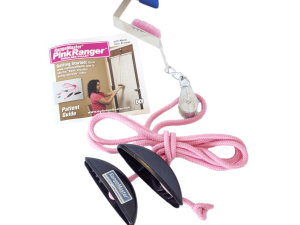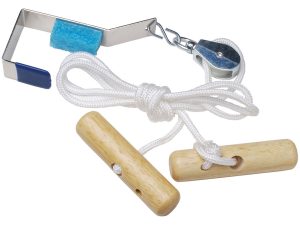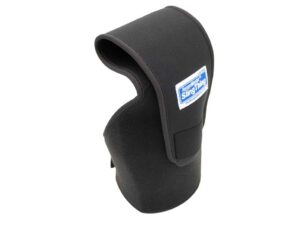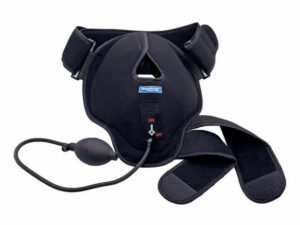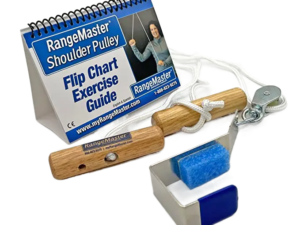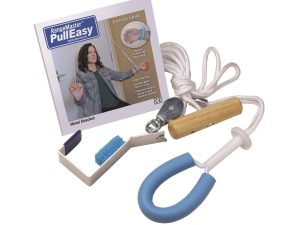What’s on their mind? Seven burning questions your shoulder patients have for you.
-
What is the “rotator cuff?”
Basically, the rotator cuff is a group of four muscles that come together over the head of the humerus (upper arm bone). This cuff helps the shoulder to function, raising and rotating your arm.
-
Is my rotator cuff torn?
An injury can cause a tear in the rotator cuff, or sometimes tears are caused by the wear and tear that comes with aging. Some tell-tale signs that a patient may have a tear are difficulty performing daily activities that require lifting their arms, and pain when sleeping on the injured side. Especially if the tear is caused by an injury, the patient may feel immediate sharp pain in the front of your shoulder.
-
Do I need surgery for my shoulder?
Fortunately, before it comes to an operation, there are several formal and at-home physical therapy exercises that can treat the shoulder pain that comes from a torn rotator cuff. In fact, research has shown that physical therapy can be even more effective in helping patients with this condition.
-
Do I need shoulder therapy?
Physical therapy is extremely important for patients with torn rotator cuffs, whether postoperative or instead of surgery. Good shoulder exercises can increase the patient’s strength as well as shoulder function.
-
Will it hurt?
Exercising a torn rotator cuff can hurt, but physical therapists are there to minimize the pain. Most people assume that physical therapy will be painful, until they actually go through it. Make sure your patients know to tell you if they are experiencing any significant pain during a physical therapy session.
-
How do I know if the therapy is working?
Well, patients should start to be able to do more with their shoulder! Be sure to discuss their progress with them on a regular basis.
-
How long will physical therapy take?
This depends on the condition of the patient and their injury, and how well they keep up their exercises when not meeting with their physical therapist. When treating patients with rotator cuff tears, we recommend selecting one of our shoulder pulleys with a metal, over-the-door bracket. This feature can serve as a constant reminder to patients to complete their exercises when they’re at home.
It’s important to listen carefully to your physical therapy patients, and to encourage them to ask questions. Often, the more they know, the more comfortable they will be trusting you throughout the process.
DISCLAIMER: All content found on myrangemaster.com including: text, images, audio, or other formats were created for informational purposes only. The content is not intended to be a substitute for professional medical advice, diagnosis, or treatment. Always seek the advice of your physician or other qualified health provider with any questions you may have regarding a medical condition. Never disregard professional medical advice or delay in seeking it because of something you have read on this Website.
SOURCES: https://www.webpt.com/blog/post/what-your-patients-want-to-know-about-pt-but-are-too-afraid-to-ask/
https://www.choosept.com/Resources/Detail/7-myths-about-physical-therapy


